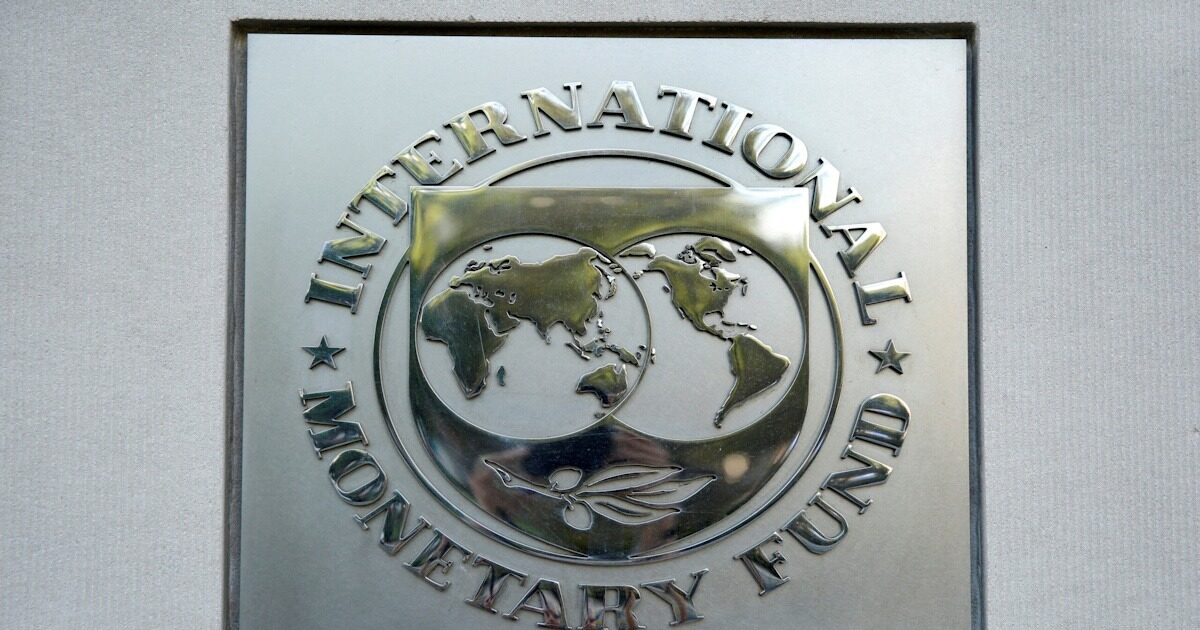Its development Greek economy 2% for both this year and 2026, compared to 2.3% in 2024, (and while the Greek government estimates that the rate will be 2.2% and 2.4% respectively) is foreseen by the International Monetary Fund (IMF) with his report on the prospects of the global economy today (14.10.25).
The growth rate of the Greek economy is projected to remain higher than in the eurozone, where it is expected to be 1.3% both this year and 2026. The IMF provides that unemployment decrease in Greece will continue to 9% this year and 8.4% in 2026 from 10.1%.
In inflation, based on Eurostat’s harmonized index, it predicts that it will rise to a mid -level of 2025 to 3.1% from 3% last year to reduce to 2.5% in 2026.
The global economy
“In constant change, the global economy, its prospects remain uncertain” It is the title of the Fund’s report.
“The global economy is adapted to a landscape that has been reshaped by new policy measures”notes, referring to the increases of duties from the US. “Some extreme high duties were mitigated thanks to later agreements and adjustments. However, the overall environment remains unstable and the temporary factors that supported the activity in the first half of 2025, such as frontloading (the acceleration of exports to the US prior to the implementation of increased duties), are exhausted. “ adds.
The result is forecasts for global growth that have been revised slightly upward compared to April 2025 forecasts, but still lower than those before US duties increases.
Global growth is expected to slow down from 3.3% in 2024 to 3.2% in 2025 and 3.1% in 2026, with developed economies of about 1.5% and emerging markets and growing economies just over 4%.
Inflation is expected to continue to decline worldwide, although with differences between countries, as it is projected to move higher than the target, while in other countries it will move lower.
The risks to growth are downhill, according to the IMF, as prolonged uncertainty, increased protectionism and work supply disorders may limit it. Fiscal weaknesses, possible corrections in financial markets and the erosion of institutions may threaten stability, the IMF adds, calling on policy players to restore trust with credible, transparent and viable policies.
Commercial diplomacy, he notes, must be combined with macroeconomic adjustments and countries must step up efforts for structural reforms, while making particular reference to the need to maintain the independence of central banks.
